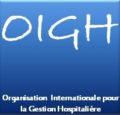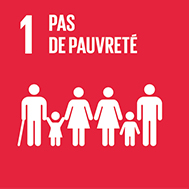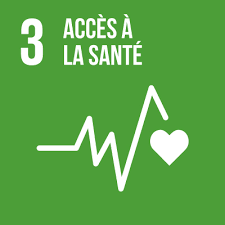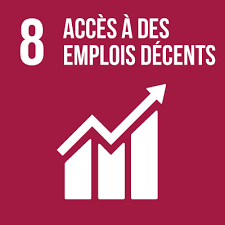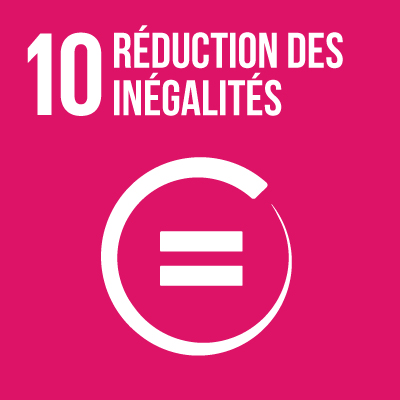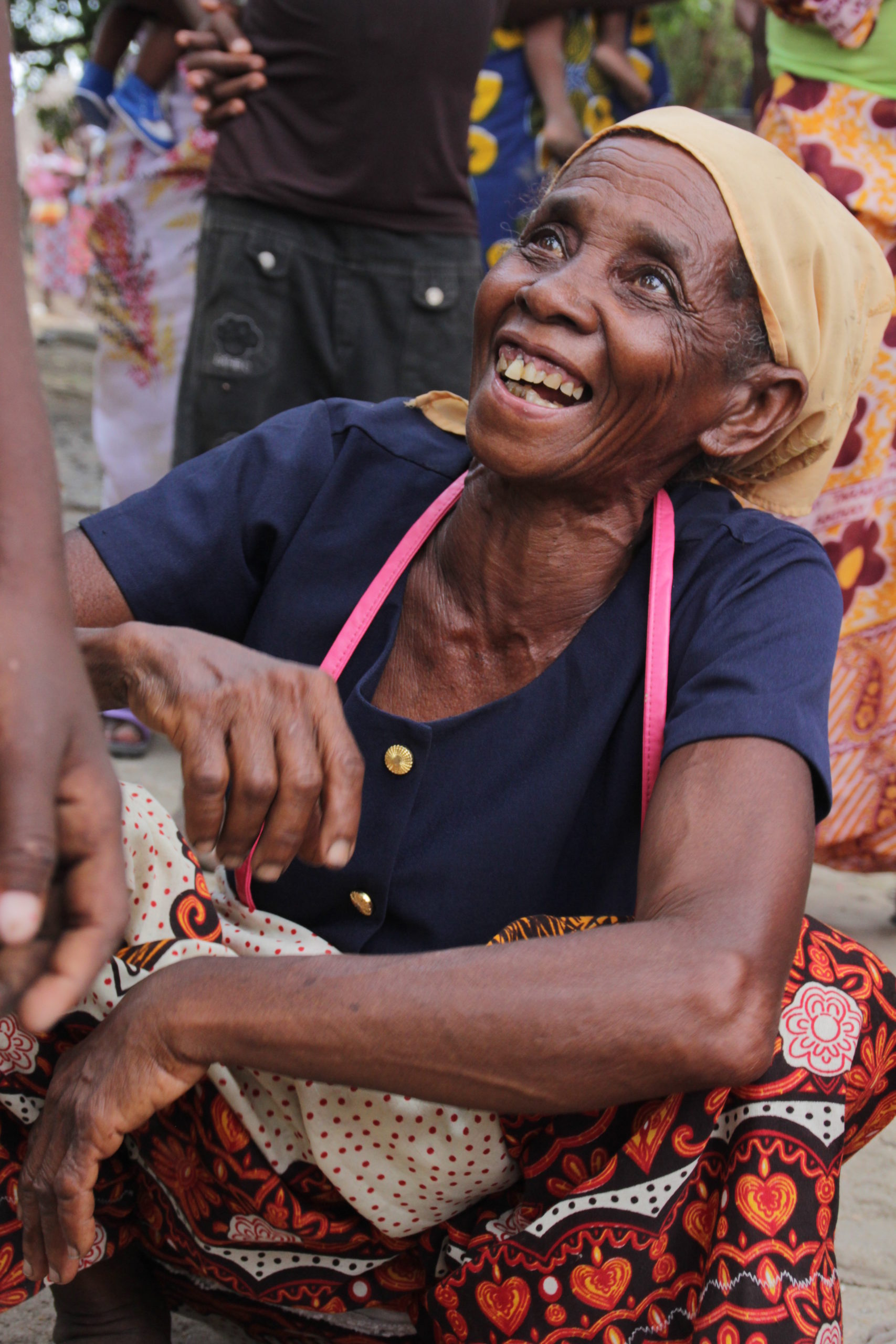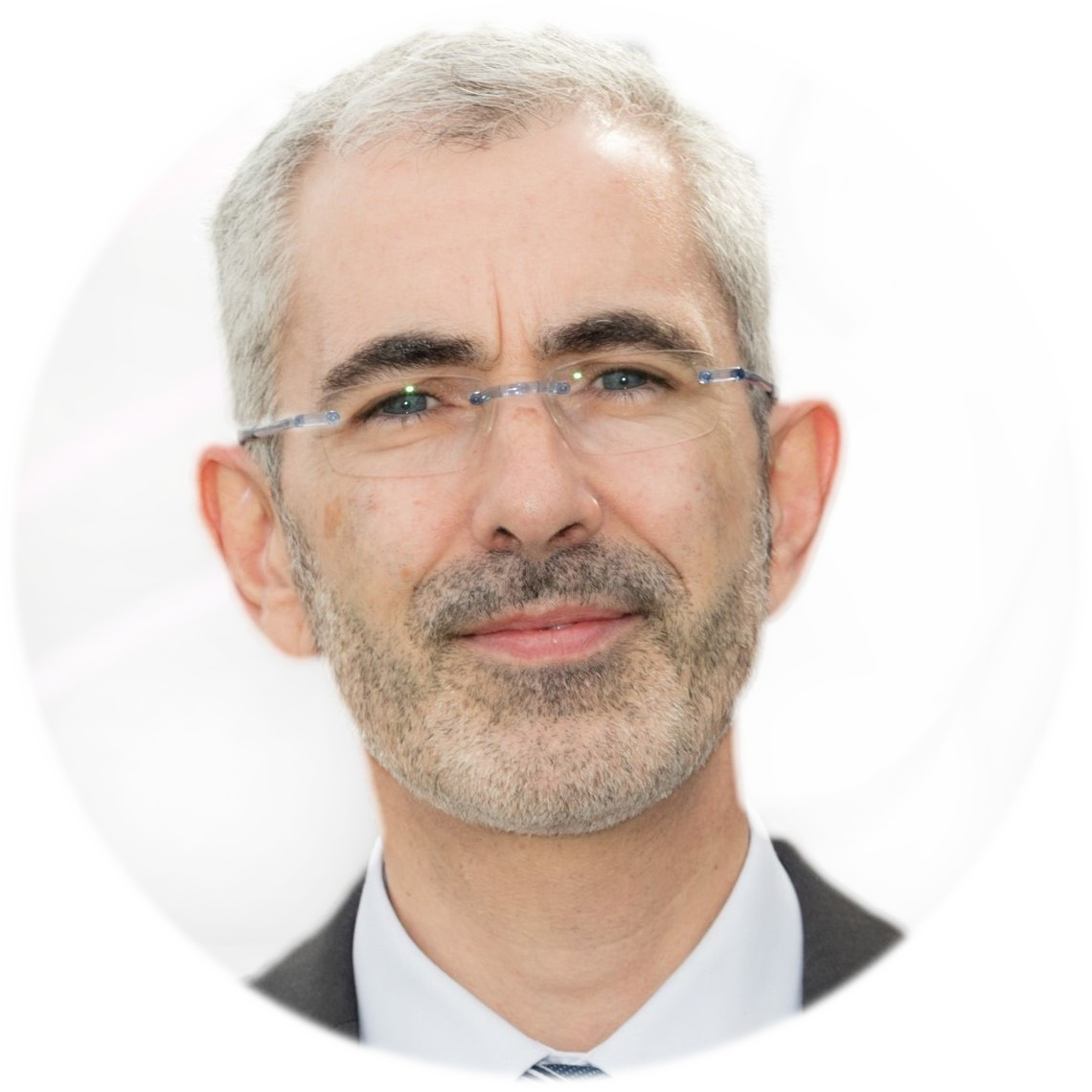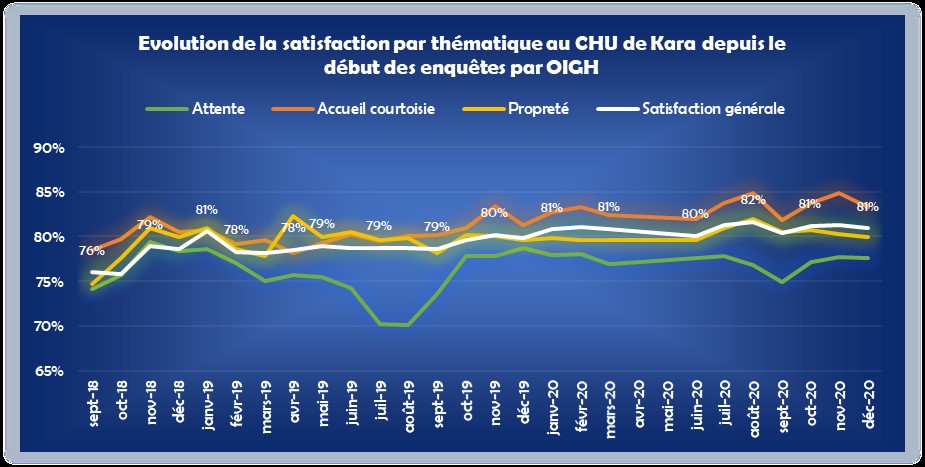Why OIGH
We are experts, researchers and economists in public health able to identify problems within healthcare systems in developing countries and to improve the access to healthcare. Adequate access to healthcare has been recognised by large international organizations and political leaders as resulting from financial, societal and institutional problems.
The priority of the WHO Director-General and the leaders of West African countries is to set up universal health coverage. Their National Health Policies and National Health Development Plans of West Africans countries have clearly defined visions to improve, strengthen and achieve the availability and quality in the supply of care. The plan of action is expressed and shared with technical and financial partners who support them according to their possibilities and their mandates.
In this context of political commitment and knowledge of the dysfunction, why does access to healthcare for most populations in the developing countries remain generally deficient?
One answer is in the poor performance of hospital systems. Despite the significant progress made over the past twenty years, the systems currently in place often fails to create favourable conditions to meet the care of populations according to the health policies expressed.
Of course, the funding is insufficient and the needs are immense. Hospitals lack technical resources and staff are poorly valued; supply chains are often discontinued for medical products, consumables and devices for technical platforms; and the basic conditions such as access to water and electricity are inadequately met. The international partners on which the health systems depend are themselves subject to budgetary constraints and the need to demonstrate the relevance of the actions funded. In addition, there is often a reluctance to support a system that does not inspire confidence and whose results are not guaranteed, rather than supporting targeted and better-controlled actions.
Dominique Cazalens
About us
Created in March 2018, OIGH is a Togolese Association (law 1901) specializing in the operational management of public health structures. At the service of the Ministry of Health and Public Hygiene (MSHP) and contracted to individual hospitals, our know-how is oriented towards the improvement of the performances of healthcare structures in order to promote and improve access and quality of care for final beneficiaries (patients) in line with their needs.
Our actions contribute to the targets of the National Health Plan 2017-2022 in Togo and to the sustainable development objectives pursued by the United Nations, including Objective number 3 for good health and well-being on which we act in a way that is direct and measurable. We also indirectly contribute to Objectives 1, 8 and 10 which aim at poverty reduction, access to decent work and enable economic growth as well as the reduction of inequalities.
Contracting is initiated by a public institution to recruit a private partner in order to participate in the management of public health structures. It is in this context that we are taking action in the management in 6 hospitals in Togo: the UHCs of Kara and Sylvanus Olympio, the RHCs of Sokodé, Dapaong and Atakpamé, and the PHC of Blitta (find out more).
Our model is to roll out a management control unit in each hospital made up of a multidisciplinary team of experts: financial, human resources (HR), technical and social action.
Focus area
Social action
- Social services and procedures for taking charge of social beneficiaries and vulnerable people
- Improvement of the conditions of reception and residence of patients
- Satisfaction measurement and management
Strenghthen management of public health structures
Financial
- Improvement of turnover and financial resources of the public health structures
- Financial Security and treasury
- Rationalisation of spending and investment
- Strategic utilization of financial resources
- Reduction of debt collection with better resource management
- Support to pharmacy management
Technical
- Availability of technical platforms
- Improvement of unsanitary conditions and good staying conditions
- Monitoring of local improvement works and civil engineering
Humans Resources
- Improvement of working conditions
- Attendance and resources adaptation
- Team motivation
- Training
Improvement of accessibility and care pathway
- Patient referrals and ambulance services
- Health coverage and management of free healthcare funds
- Coordination of hospital’s partners
- Patient pathway
- Availability of drugs
- Support to the general organization of health services
- Action plan to improve quality and security of patients’ care
Support to health care system
- Technical assistance to health authorities to improve the healthcare
- Health economics and financing of public health system
- Consulting services for the management of free funds
Our strengths
Reactivity because of our local implementation
- Teams integrated to the public health structures;
- Short and fast cycle;
- Easier relations with contract authorities and final beneficiaries;
- Operational actions and direct responses to needs;
- Permanent availability;
- Funds stay in the country.
Our team dynamic
- 100% local operational team promoting employment;
- Perfect adaptation to the context, language, needs and current local regulations;
- Stability;
- Formation, support and regular stimulation of our team.
Cost control
- Best price / performance ratio of our organizational and economical model;
- Funds of our services paid because of our good financial results and the increased attendance.
Efficiency and transparency
- Data gathered and decisions made in collaboration with the authorities;
- Results and issues / matters in question shared with the public health sectors;
- The company is audited beyond its contractual obligations, and the last audit revealed no major or minor anomalies.
Our team
We are made up of 48 employees allocated between head office and 6 contracted hospitals. The organizational chart is:


Madlyn CHAUVAUX
Responsible for Methods, Quality and Supervision
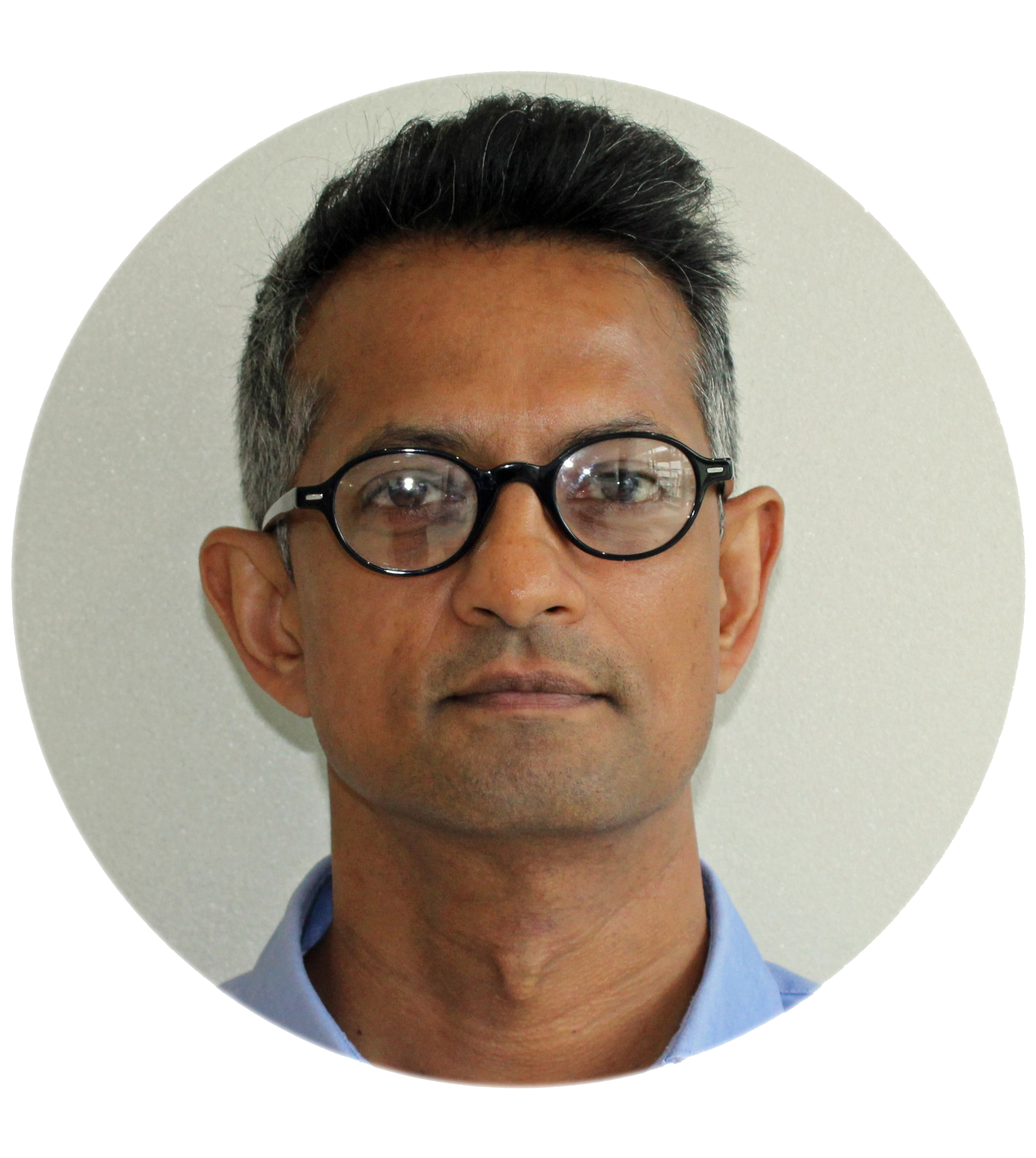
Dr Ayesh PERERA
Vice-President
Oncology Research Director
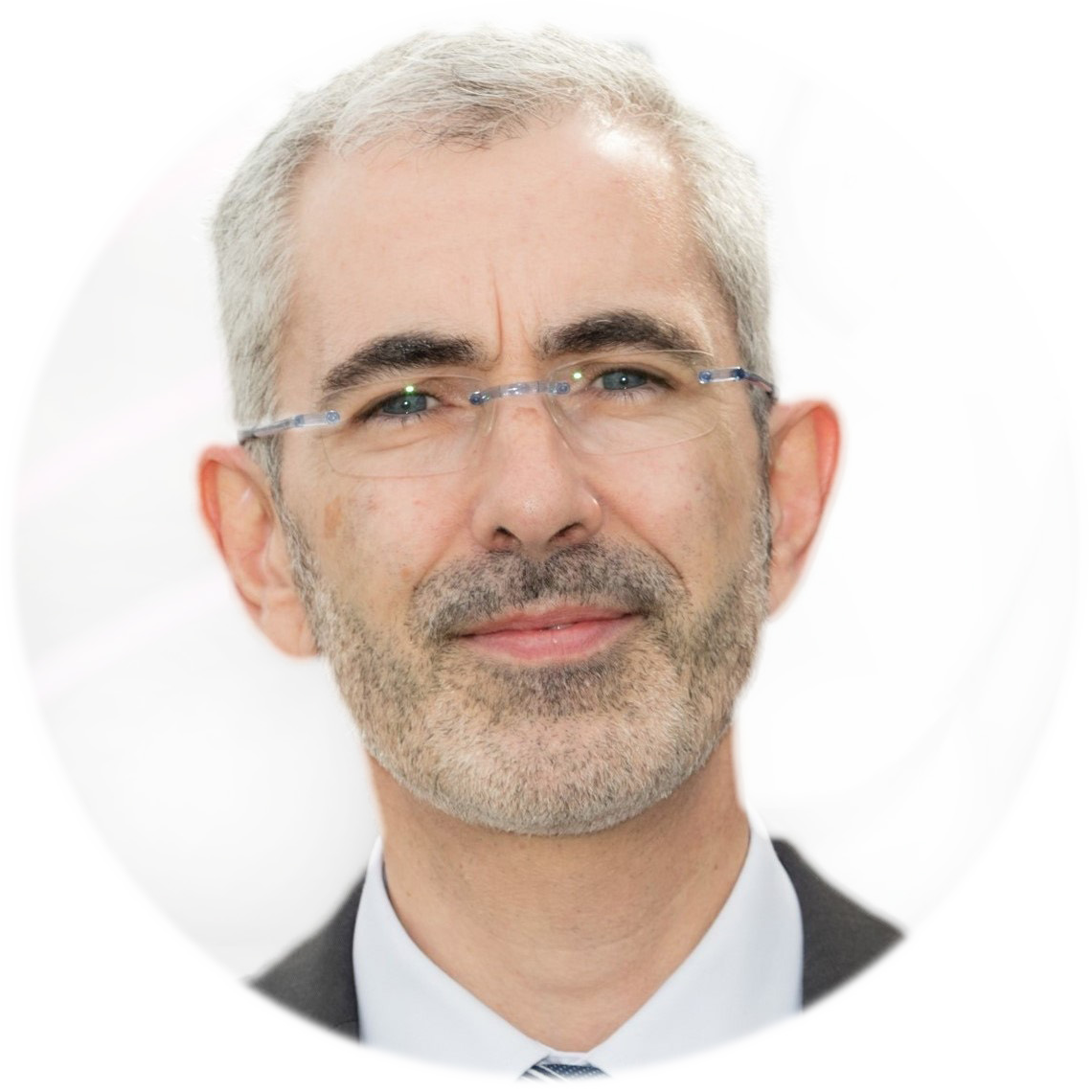
« Vingt ans d’expérience à des postes de direction en grandes entreprises ou de dirigeant de PME en France m’ont permis, depuis douze ans en Afrique de l’Ouest, d’apprécier les dysfonctionnements fondamentaux des hôpitaux, d’élaborer, de proposer et de mettre en œuvre de façon opérationnelle les adaptations pertinentes dans quelque 150 hôpitaux, centres de santé, et autres structures publiques pour les rendre plus efficaces, que ce soit sous forme de renforcement, d’appui pédagogique et organisationnel, ou de contractualisation comme c’est le cas actuellement pour OIGH au Togo ».
Dominique CAZALENS,
Director and President
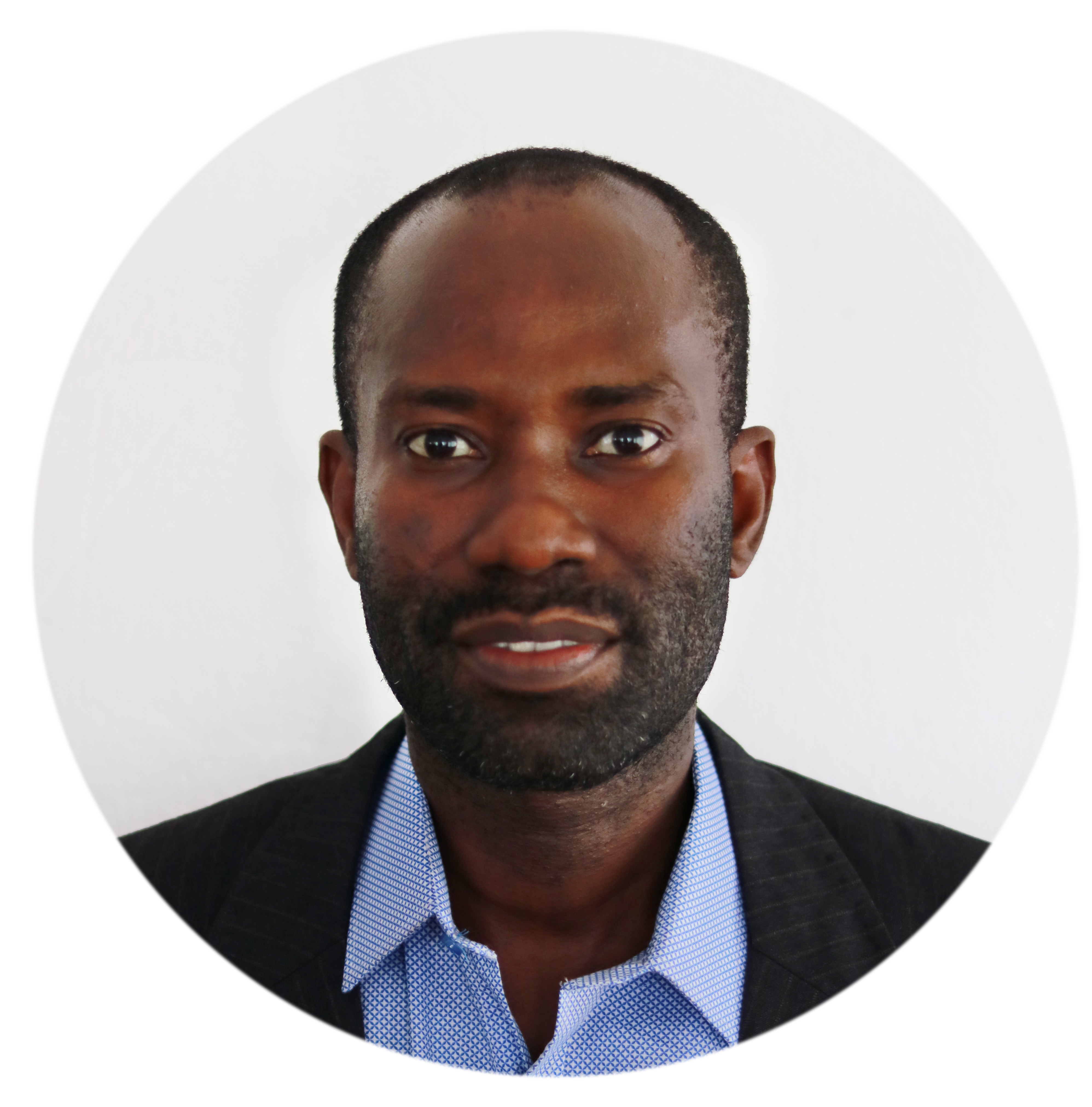
Pascal DOKOU
Deputy Director
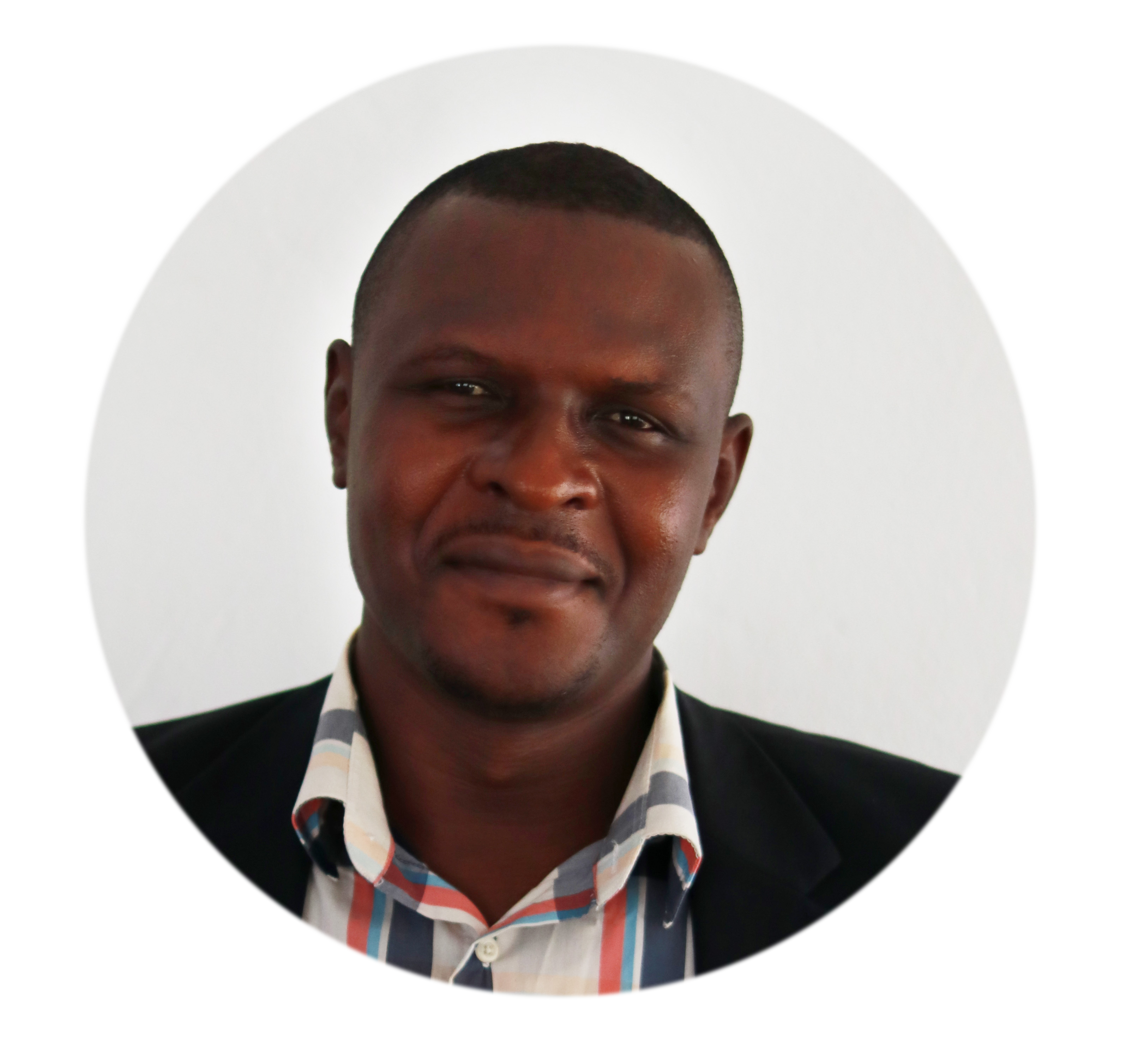
Daniel PLEKOU
Administrative and Financial Manager
